World Water Week 2025: Water for Climate Action
Published in Earth & Environment
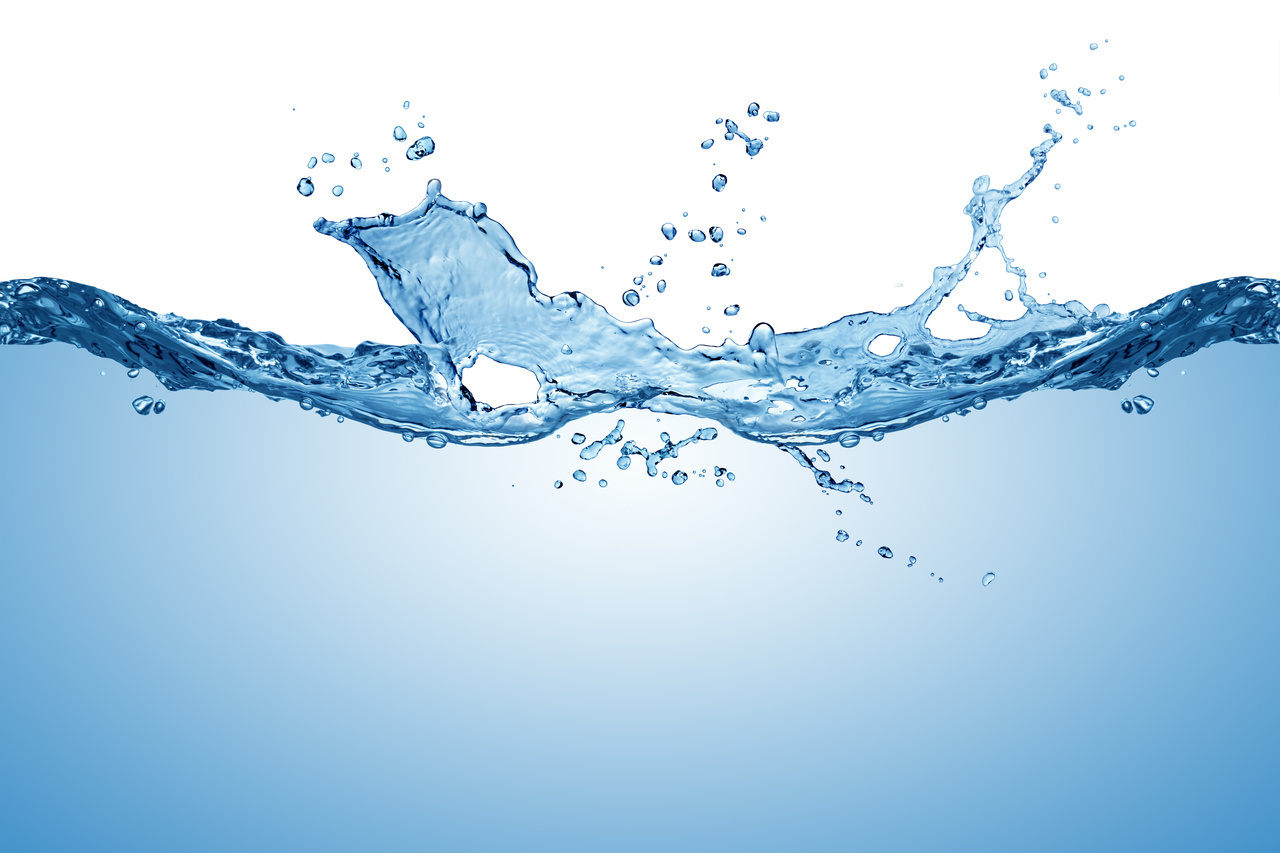
The Stockholm International Water Institute (SIWI) organizes World Water Week every year, both online and in person in Stockholm, focusing on one theme to set and reflect the global agenda. The theme of World Water Week 2025 is ‘Water for Climate Action’, recognising the pivotal role of water in global efforts to reduce greenhouse gas emissions and to build resilience safeguarding ecosystems and communities. World Water Week 2025 will focus on addressing the linked emergencies of climate change, biodiversity loss, and environmental degradation, emphasizing climate mitigation and climate adaptation and resilience.
This World Water Week, we would like to share three of the newest open access Life Sciences titles that welcome content relevant to this year’s theme.
Aquaculture Science and Management
Aquaculture Science and Management is a new open access peer-reviewed journal that aims to publish innovative research about the health, welfare and management of aquaculture species, the related food security considerations, and the industry’s relationship with the environment. The subjects covered include, but are not limited to, animal management and health, infectious and non-infectious diseases, genetics, reproduction, animal welfare and ethics, technology, policy and legislation, economics, food security and climate change. The journal welcomes content about cultured fish, shellfish and seaweed from around the world.
As a new open access journal, there are waivers available for accepted publications. Email aquaculturesciencemanagement@biomedcentral.com for more information.
Clean Oceans
Clean Oceans is a newly launched journal in the field of marine pollution encompassing novel approaches to the monitoring, control, removal, and prevention of waste; policy regulation and relevant frameworks; ecological impacts on climate and developments in implications for ocean acidification and conservation. Clean Oceans offers a uniquely interdisciplinary approach to understanding the impacts of chemical, biological, and physical pollutants on Earth’s oceans in pursuit of sustainable and responsible conservation.
As a new open access journal, there are waivers available for accepted publications. Email katy.saunders@springernature.com for more information.
Ocean Ecosystems
Ocean Ecosystems is a newly launched biological oceanography journal that aims to advance understanding of the complex systemic interplay between sea organisms and geology, chemistry and physics of oceans. This journal aims to support and cultivate progress towards a global commitment to sea sustainability, by developing scientific knowledge in the factors influencing life in the oceans, including climate change, pollution, ocean acidification, and other adverse impacts, and the biology of oceans affecting the oceanographic system, in terms of geochemistry, sediments, and the atmosphere, among the others.
As a new open access journal, there are waivers available for accepted publications. Email katy.saunders@springernature.com for more information.
These are just some of the open access journals that BMC offers for researchers to submit to. For a full list of the available journals, visit the full directory. To learn more about World Water Week, please visit the official website where you can find out more about this year’s programme.
Follow the Topic
-
Aquaculture Science and Management

This is an open access peer-reviewed journal that aims to publish innovative research about the management of aquaculture species, the related food security considerations, and the industry’s relationship with the environment.
-
Ocean Ecosystems

This journal publishes high-quality, peer-reviewed open access research in biological oceanography and ocean ecology, advancing understanding of the complex systemic interplay between sea organisms and geology, chemistry and physics of oceans.
-
Clean Oceans

This journal publishes research relevant to marine pollution including novel approaches to the monitoring, control, removal, and prevention of waste; policy regulation and relevant frameworks; ecological impacts on climate and developments in implications for ocean acidification and conservation.
Related Collections
With Collections, you can get published faster and increase your visibility.
Ocean Ecosystem Services and Sustainable Development Goals
Understanding ocean ecosystem services is essential for tackling the complex challenges our planet faces today. As oceans play a vital role in regulating climate, supporting biodiversity, and providing essential resources for human well-being, it is imperative to deepen our knowledge of how these ecosystems function and respond to anthropogenic pressures. Recent advances, such as improved methodologies for assessing marine biodiversity and the development of ecosystem service frameworks, have illuminated the intricate connections between ocean health and human prosperity. These insights are vital for informing policies that promote the conservation and sustainable use of oceans, seas, and marine resources.
Continued research in this area holds immense potential for transformative advances. Innovations in remote sensing technology and ecological modelling could lead to more effective management strategies for marine resources, enhancing our ability to tackle issues like overfishing and habitat degradation. Furthermore, interdisciplinary approaches that integrate social sciences with biological oceanography may yield new insights into the impacts of human behaviour on marine ecosystems, ultimately guiding efforts to achieve sustainable development. By fostering a deeper understanding of ocean ecosystem services, we can work towards a future where marine health and human well-being are inextricably linked.
Topics of interest include but are not limited to:
- Valuation of marine ecosystem services
- Impacts of climate change on marine biodiversity
- Sustainable fisheries management
- Ocean acidification and its effects
- Impacts of marine heatwaves
- Deoxygenation and hypoxia events
- Local anthropogenic effects on the marine ecosystems
- Marine spatial planning
- Integrating traditional knowledge in ocean governance
- Policy frameworks for conservation
- Restoration of degraded marine ecosystems
This Collection supports and amplifies research related to SDG 13, Climate Action and SDG 14: Life Below Water.
All submissions in this collection undergo the journal’s standard peer review process. Similarly, all manuscripts authored by a Guest Editor(s) will be handled by the Editor-in-Chief. As an open access publication, this journal levies an article processing fee (details here). We recognize that many key stakeholders may not have access to such resources and are committed to supporting participation in this issue wherever resources are a barrier. For submissions in 2026, waivers are available upon request. For more information about what support may be available, please visit OA funding and support, or email OAfundingpolicy@springernature.com or the Editor-in-Chief.
Publishing Model: Open Access
Deadline: Jun 03, 2026
Micro- and Nanoplastics as Emerging Threats to Marine Ecosystem Health and Conservation
The negative impact of micro- and nanoplastics on marine ecosystem health is a critical ecotoxicological problem of global concern, as these pollutants pose significant threats to biodiversity, ecosystem balance, ocean and human health. Continued research in this area enhances our knowledge of how these contaminants affect marine organisms and their habitats, leading to informed conservation strategies. Recent advances, such as improved field sampling, state-of-the-art detection methods and a better understanding of exposure pathways, including indirect and direct ingestion, and inhalation along with potential bioaccumulation in marine species and foodwebs, have provided essential insights into the extent of the problem. This includes emerging evidence of impacts on non-faunal organisms such as phytoplankton, algae, and microbial communities. Looking ahead, potential advancements could include the development of bioremediation technologies and innovation of more environmentally friendly and sustainable material substitutes designed to reduce plastic polymers production and mitigate plastic pollution.
By investigating the pervasive footprint and effects of micro- and nanoplastics on marine ecosystems, we contribute to a broader understanding of the implications for marine health, ultimately aiding in the preservation of marine biodiversity.
We invite researchers to contribute to this special Collection by submitting original research articles, reviews and methodology articles. Topics of interest include but are not limited to:
- Sources and exposure pathways of micro- and nanoplastics
- Effects on marine animal and ecosystem health
- Eco-toxicological impacts of micro- and nanoplastics
- Bioengineering via biodegradation, bioremediation and removal strategies
- Plastic full-life cycle accountability and policy frameworks for plastic pollution
- Public awareness and behavioral change
- Long-term ecological monitoring
- Innovative materials and technological solutions
- Community-grounded interventions
This Collection supports and amplifies research related to SDG 12, Responsible Consumption & Production and SDG 14: Life Below Water.
All submissions in this collection undergo the journal’s standard peer review process. Similarly, all manuscripts authored by a Guest Editor(s) will be handled by the Editor-in-Chief. As an open access publication, this journal levies an article processing fee (details here). We recognize that many key stakeholders may not have access to such resources and are committed to supporting participation in this issue wherever resources are a barrier. For submissions in 2026, waivers are available upon request. For more information about what support may be available, please visit OA funding and support, or email OAfundingpolicy@springernature.com or the Editor-in-Chief.
Publishing Model: Open Access
Deadline: Jun 03, 2026

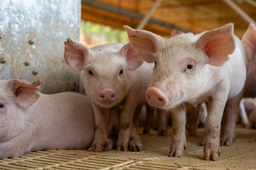

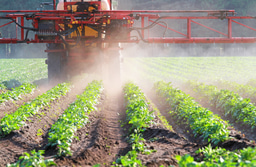
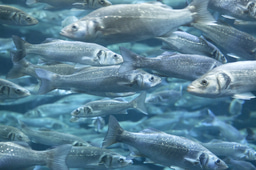
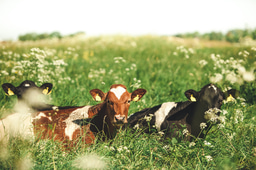
Please sign in or register for FREE
If you are a registered user on Research Communities by Springer Nature, please sign in